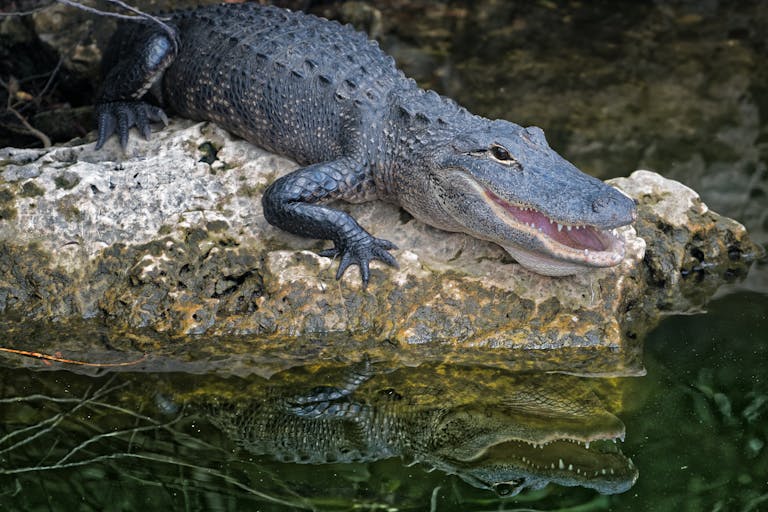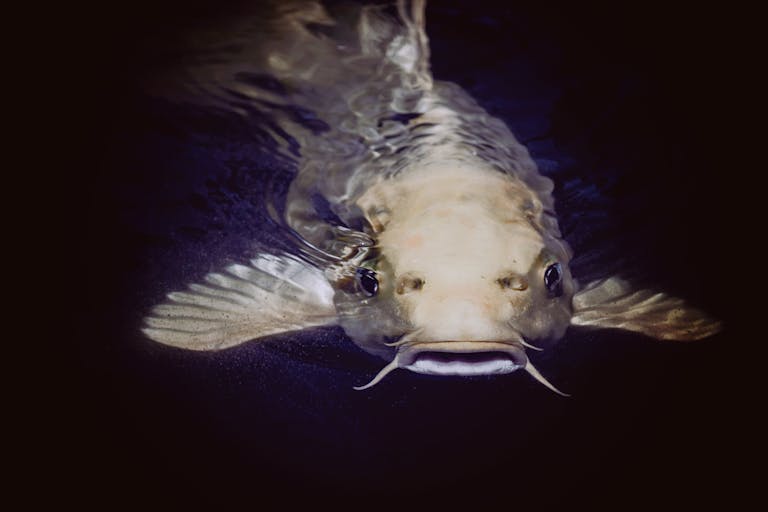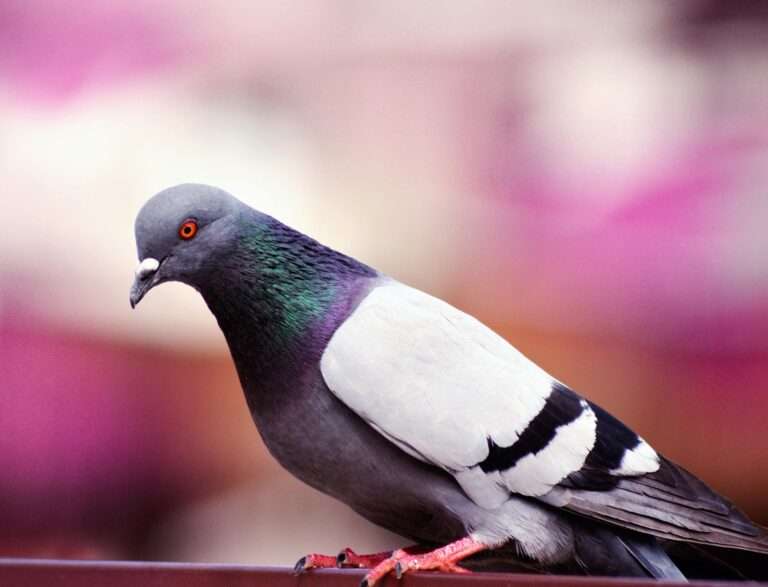Is Seafood Halal or Haram? Understanding Islamic Dietary Laws
Seafood plays a significant role in global cuisines, but for Muslims adhering to halal dietary laws, understanding which sea creatures are permissible (halal) or forbidden (haram) is essential. Islamic scholars have debated this topic, leading to varying interpretations across different schools of thought.
In Islam, the permissibility of consuming seafood varies among different schools of thought.
📖 Islamic Dietary Laws: An Overview
Islamic dietary laws, derived from the Quran and Hadith, classify foods into two main categories:
- ✅ Halal: Permissible foods that are lawful for Muslims to consume.
- ❌ Haram: Forbidden foods that are unlawful for Muslims to consume.
The Quran explicitly mentions certain prohibitions, such as the consumption of pork and blood. However, when it comes to seafood, interpretations vary among scholars.
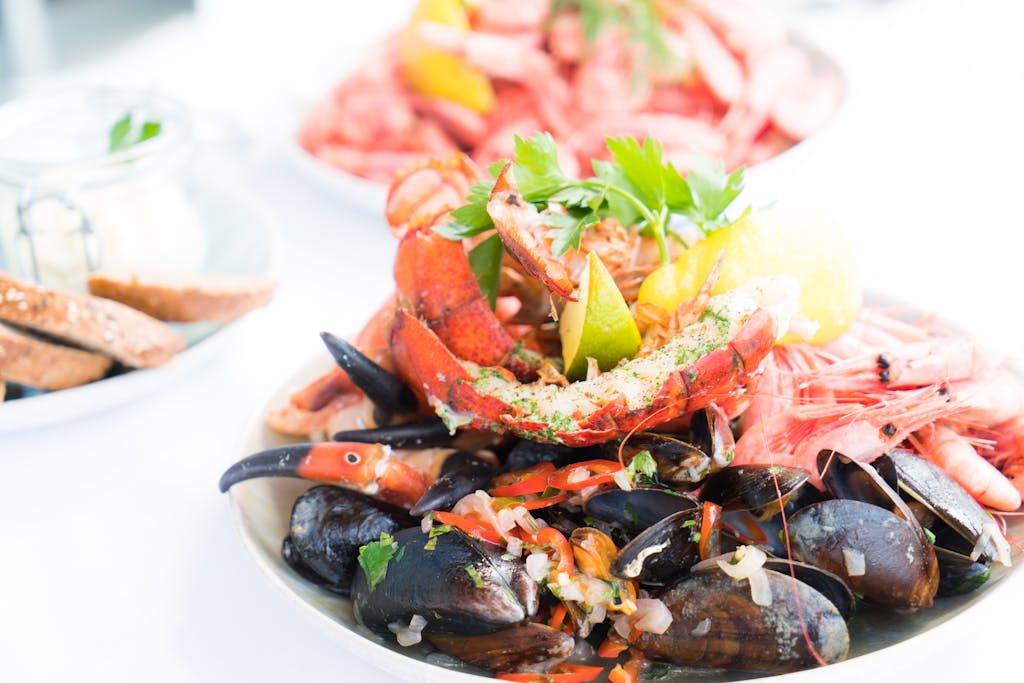
📜 Quranic Perspective on Seafood
The Quran provides guidance on the consumption of seafood:
“Lawful to you is the pursuit of water-game and its use for food—for the benefit of yourselves and those who travel…” (Surah Al-Ma’idah 5:96)
This verse indicates a general permissibility of consuming seafood. However, interpretations differ among scholars regarding the extent of this permissibility.
🏛️ Scholarly Opinions on Seafood Consumption
Islamic scholars from various schools of thought have differing views on which sea creatures are halal:
🏵️ Hanafi School
- ✅ Only fish with scales are halal.
- ❌ Shellfish (shrimp, crab, lobster) and other sea creatures are considered haram or makruh (discouraged).
- This is based on the classification of certain sea animals as impure or harmful.
🏵️ Shafi’i, Maliki, and Hanbali Schools
- ✅ All sea creatures are considered halal, including fish, shellfish, and mollusks.
- 🔍 These schools argue that the term “water-game” in the Quran includes all aquatic life.
🦐 Specific Sea Creatures: Halal or Haram?
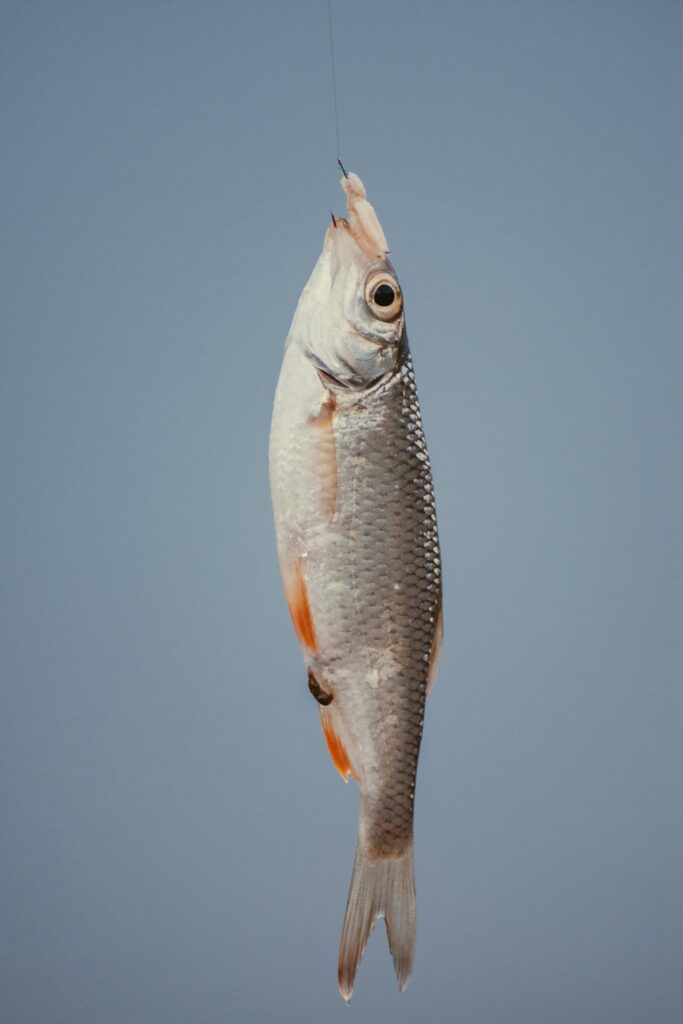
The permissibility of consuming specific sea creatures varies among scholars:
🐠 Fish
✅ All schools of thought agree that fish with scales are halal.
💡 This makes fish a universally accepted seafood choice for Muslims.
🦐 Shellfish (Shrimp, Crab, Lobster)
- 🔹 Hanafi School: Generally haram or makruh. However, some Hanafi scholars classify shrimp as fish, making it halal.
- 🔹 Other Schools: Consider all shellfish halal, including shrimp, crab, and lobster.
🦑 Mollusks (Octopus, Squid)
- ❌ Hanafi School: Considered haram due to impurity.
- ✅ Other Schools: Generally deemed halal.
🦈 Predatory Sea Creatures (Sharks)
- ❌ Hanafi School: Often considered haram.
- ✅ Other Schools: Generally permit shark meat, as it falls under water-game.

🏥 Health Considerations in Seafood Consumption
Regardless of differing scholarly opinions, health considerations play a crucial role in determining the permissibility of consuming certain sea creatures.
🔸 Islamic teachings emphasize avoiding harm, so consuming poisonous or harmful sea creatures is unanimously considered haram.
🏁 Conclusion
The permissibility of consuming seafood in Islam varies across different schools of thought. While some scholars permit all forms of sea life, others restrict consumption to specific categories like fish with scales.
Muslims are encouraged to consult knowledgeable scholars and consider their local community practices when making dietary choices related to seafood.
❓Frequently Asked Questions
Is shrimp halal?
Shrimp is halal in the Shafi'i, Maliki, and Hanbali schools, while Hanafi scholars differ on its permissibility.
Can Muslims eat crab and lobster?
Hanafi scholars generally consider them haram or makruh, while other schools permit them.
Are octopus and squid halal?
Hanafi scholars prohibit them, while other schools allow them.
Is shark meat halal?
Sharks are prohibited in the Hanafi school but permitted in other schools.
Are there health concerns in eating seafood?
Yes, Islam discourages consuming harmful or poisonous sea creatures.


